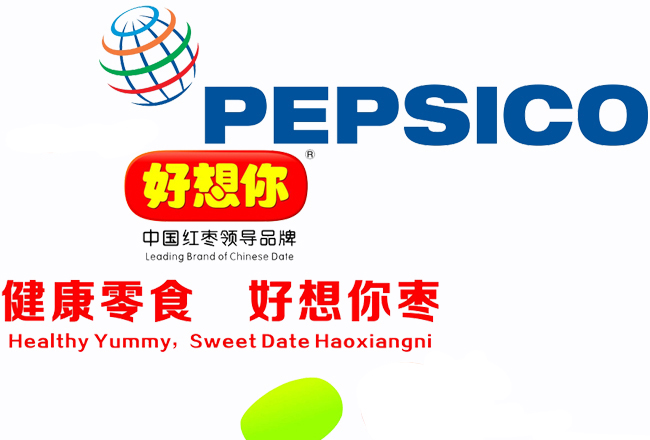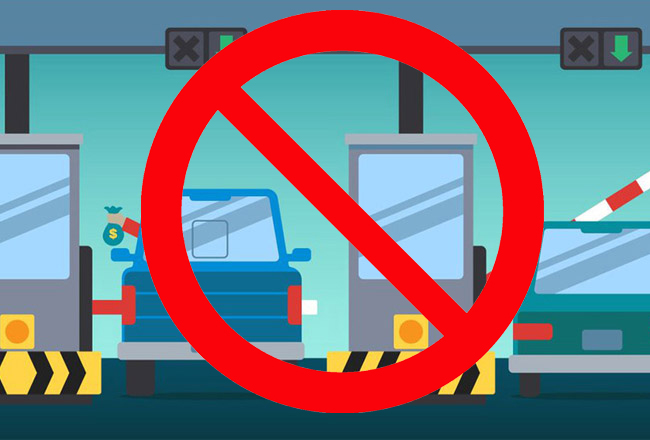PepsiCo has agreed to buy Be & Cheery, one of the largest online snacks companies in China, from Haoxiangni Health Food Co. Ltd. for $705 million.
 Hangzhou-based Be & Cheery sells nuts, dried fruits, meat snacks, baked goods and confectionery primarily online through the major e-commerce platforms in China.
Hangzhou-based Be & Cheery sells nuts, dried fruits, meat snacks, baked goods and confectionery primarily online through the major e-commerce platforms in China.
Purchase-based PepsiCo, which has been operating in China for nearly 40 years, said in a statement that this transaction marks an important step in its goal to become “China”™s leading consumer-centric food and beverage company.”
Ram Krishnan, CEO of PepsiCo Greater China, said: “Be & Cheery is highly complementary to our existing China business with its broad product portfolio, asset light model, and focus on e-commerce. ”¦We also expect to leverage Be & Cheery”™s innovation and consumer insights capabilities to drive innovation in other key PepsiCo growth markets.”
Founded in 2003, Be & Cheery is one of the largest online snacks companies in China and reported revenues of approximately 5 billion yuan or about $710,664,594 in 2019.
The company”™s mission, according to a statement, is “to provide more people with nutritious snacks” as well as “developing the leisure snacks segments to improve people”™s lifestyle and consumer experiences via an omnichannel, new retail model that encompasses a broad spectrum of value chain activities and product portfolios.”
Jubin Shi, chairman of Haoxiangni, said his company was pleased with the agreement, adding “Haoxiangni will focus on developing red dates and local specialty agricultural products in the future.” Red dates or jujube, are one of the most popular health foods in China.
“We aim to expand our value chain and supply chain, in the purpose of supporting rural revitalization and achieving win-win outcomes for all,” Shi said.
The transaction is subject to a Haoxiangni shareholder vote, certain regulatory approvals and other customary conditions.
The purchase comes at a volatile time in China as medical personnel in the nation battle its fastest-spreading health crisis in the form of the coronavirus. Small to medium-size companies in China are particularly vulnerable as a survey by The Chinese Association of Small and Medium Enterprises found that 60% could cover regular payments for only one to two months before running out of cash. These companies account for 60% of the country’s GDP, according to the People’s Bank of China.
Many of the small to medium-size companies and their workers have been on an extended break since late January in an attempt to contain the coronavirus.
PepsiCo generated more than $67 billion in net revenue in 2019. Its stock closed at $145.85 on Feb. 21.





















